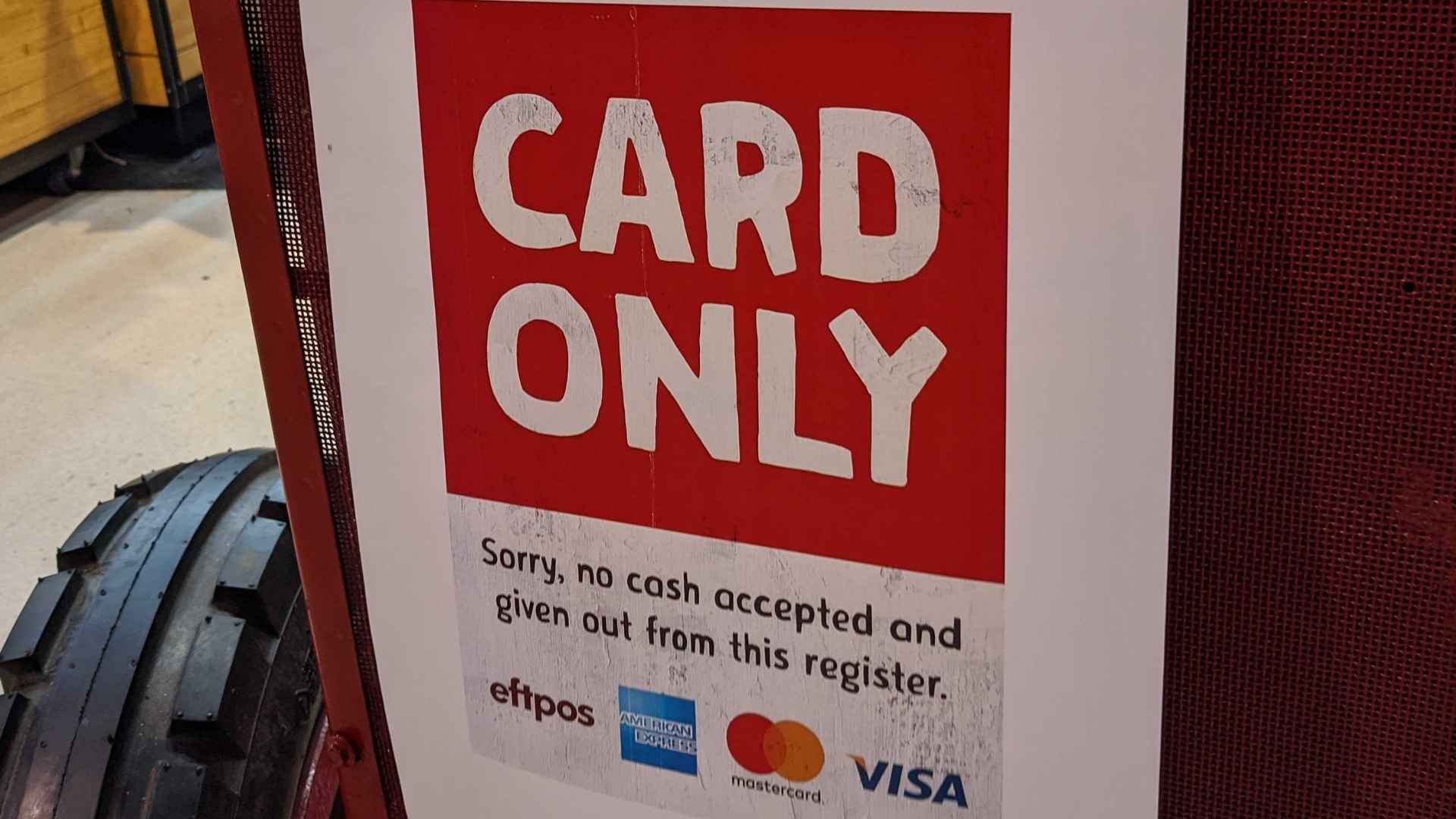County ordinance forces “card‑only” businesses to rethink payment policies or face stiff penalties.
Miami‑Dade shoppers who prefer the feel of a dollar bill just got fresh backing from local government. Under a county ordinance championed by Commissioner René Garcia, retail outlets that turn away cash payments of $20 or less can be fined up to $1,000 per incident. The rule, designed to protect residents without easy access to plastic or apps, goes well beyond Florida’s statewide stance, which leaves cash acceptance up to each business.
First, the basics: cash remains “legal tender,” yet neither federal law nor most state statutes oblige merchants to accept it. That gap prompted Miami‑Dade leaders to mandate cash acceptance, arguing that seniors, low‑income neighbors, and people with disabilities risk exclusion in a swipe‑only economy. Broward County floated a similar idea, and Senator Shevrin Jones tried—unsuccessfully—to take the concept statewide in 2024.
Why Miami‑Dade’s cash‑acceptance ordinance seeks to protect every resident, including those without credit or smartphones
Many Floridians still rely on paper money. Pew Research shows affluent households tap cash less often than low‑income families, and credit cards aren’t always a realistic option—think proof‑of‑address hurdles or annual fees. Consequently, officials say, denying cash can amount to denying entry into daily commerce.
How much a store might pay for turning away a $10 bill under the new Miami‑Dade rule? Before you dismiss the policy as symbolic, check the fines below:
| Violation | Payment refused | Maximum penalty |
|---|---|---|
| First offense | Cash purchase ≤ $20 | Warning or up to $1,000 |
| Repeated offense | Any cash purchase | Escalating fines and possible license review |
County inspectors handle complaints; aggrieved customers can file with the Consumer Protection Division. Not keen on paperwork? One phone call can launch an investigation.
What other Florida counties and lawmakers have tried—and why most stores still lean on cards
Broward introduced a similar cash mandate, while Tallahassee debate stalled in 2024. Why the resistance? Businesses cite speed, security, and pandemic‑era habits. Still, officials counter that apps like Cash App exclude people without bank accounts. “We can’t leave them behind,” Senator Jones told the Tampa Bay Times. So, what should owners do now?
- Train staff to accept and properly handle bills and coins.
- Post signage clarifying all legal payment forms.
- Secure change—nothing frustrates customers like “no quarters.”
- Document refusals if safety is a concern (fraudulent bills require evidence).
Not sure where to begin? Ask yourself: Could I explain this policy to a customer’s grandmother without jargon? If the answer is no, a quick refresh of your payment procedures is in order.
Miami‑Dade’s message is clear: everyone deserves the right to pay with cash, whether grabbing a cafecito or concert ticket. For businesses, adapting now beats paying later—literally.

